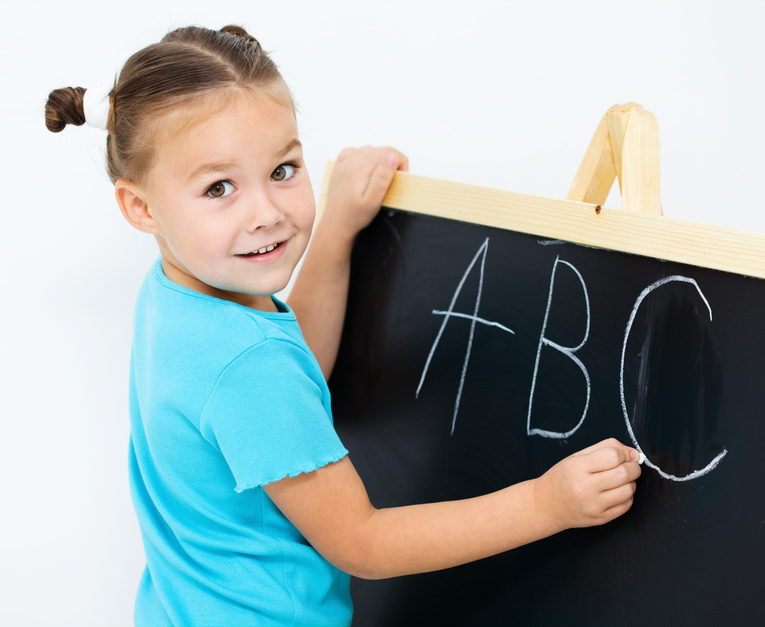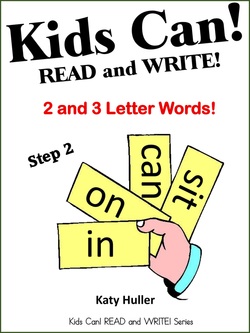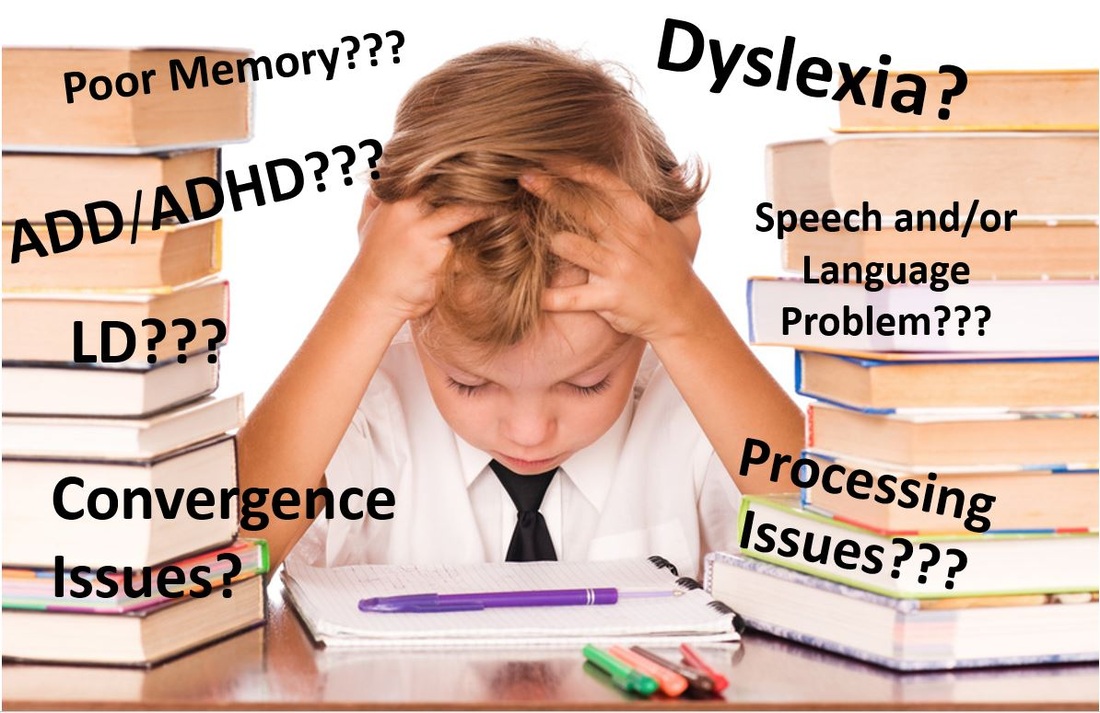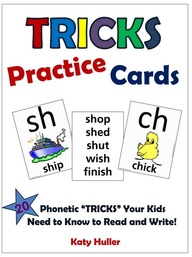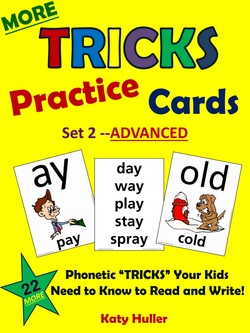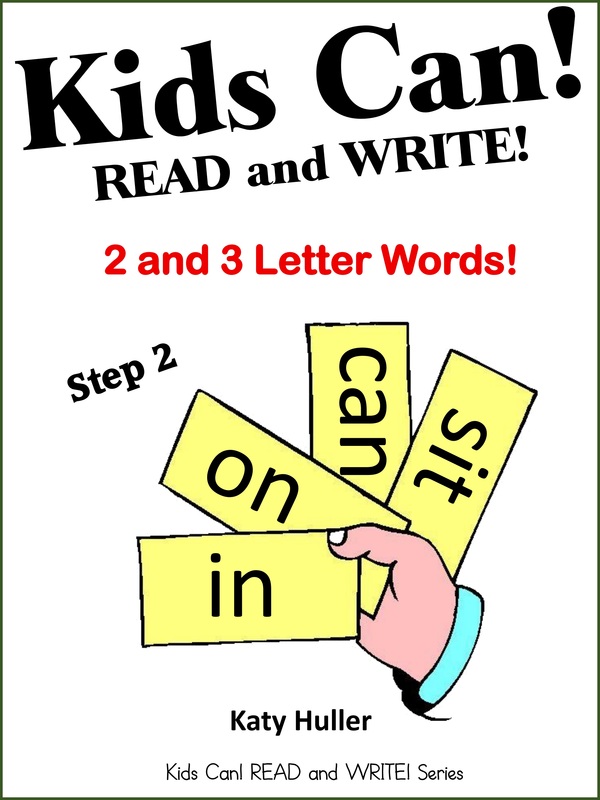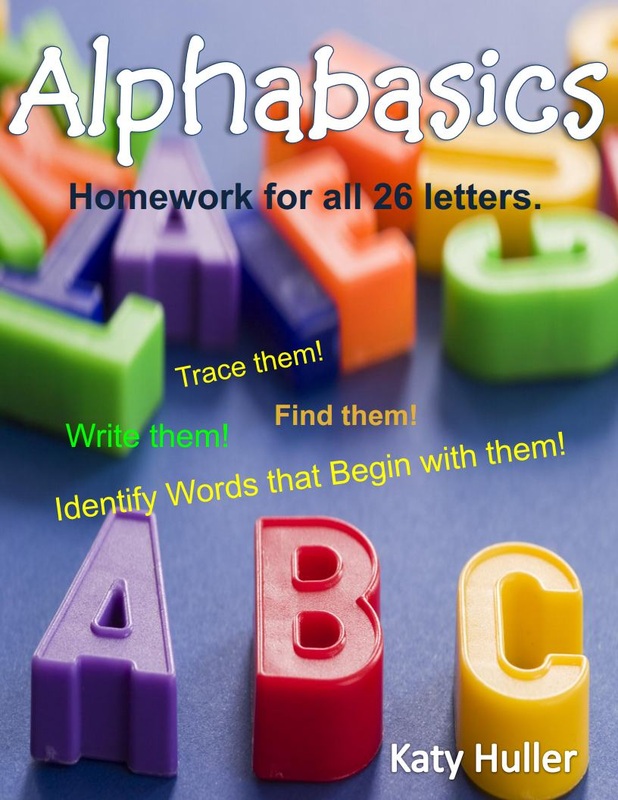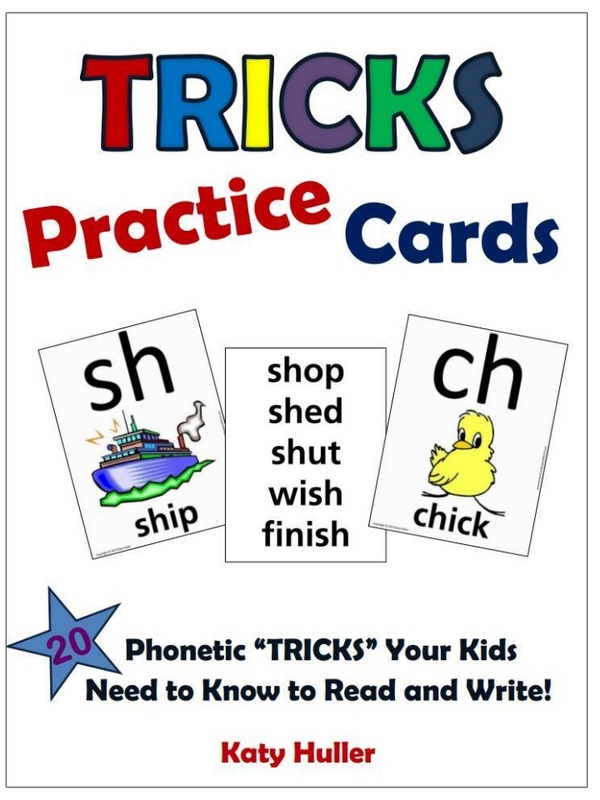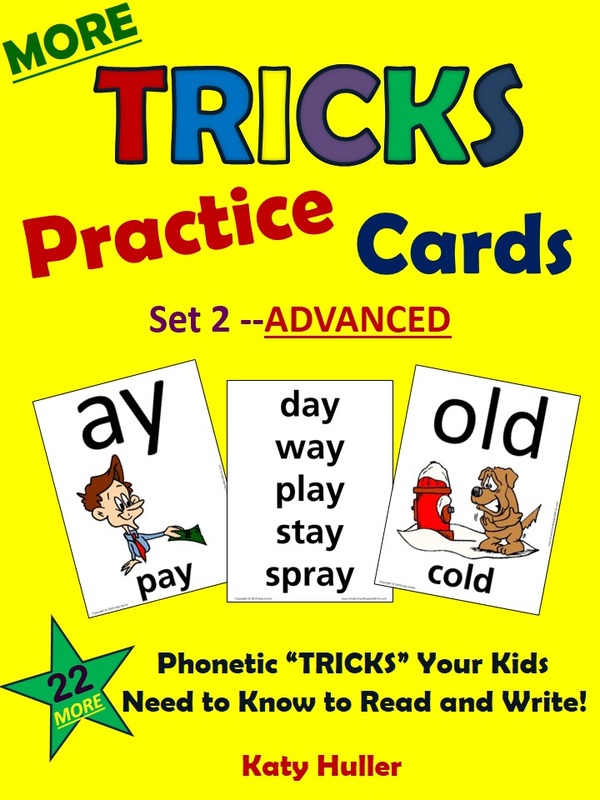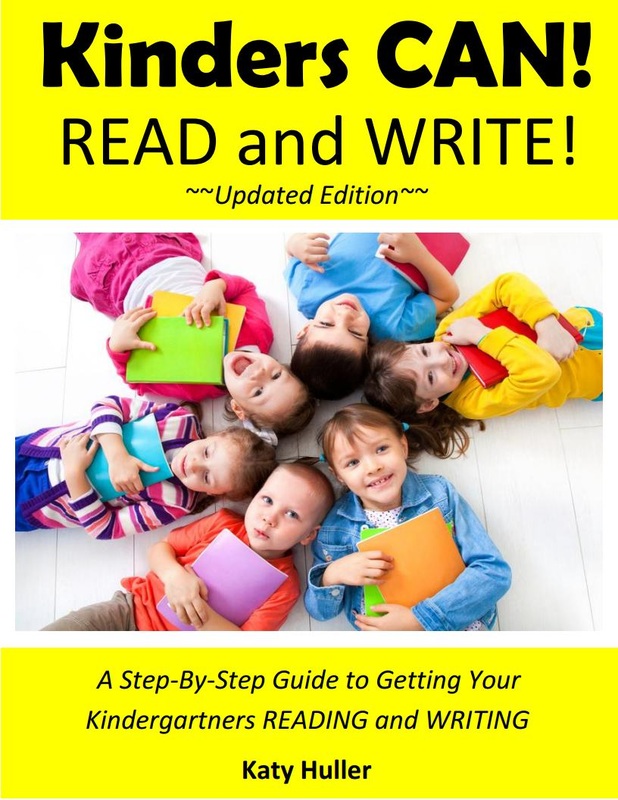Many kids can read and write fluently by the time they enter 1st grade. Others are just beginning the process. If your child is not reading and/or writing yet, it's crucial that you start to fill in any missing skills to ensure he or she becomes a successful reader and writer as soon as possible. You need to make sure your child knows letters, sounds, how to blend them together (and segment them apart), "tricks" (letter combinations such as sh, ch, th, er, oo, ou, etc.) and some "sight words" (the ones that can't be sounded out). Regardless of where your child falls, there are things you can continue to do to help strengthen your child's abilities.

- Make sure your child reads to you daily. It's really important that your child reads to you daily. It's the only way you'll know if he or she is pronouncing words correctly and reading fluently or not. He or she should be encouraged to read alone as well, but you need to hear at least a few pages a day to ensure your child stays on the right track. If you hear him or her miscalling words, running through punctuation marks, etc, have him or her read to you out loud more often. If your child reads without making any errors, he or she can read silently more often.
- Make sure you read to your child daily. Even though your child may be reading lots of books on his or her own, it's still important to read to your child. Not only is reading to your child a great bonding activity, it is also a great way to continue to expand your child's vocabulary, introduce new concepts to your child, and show your child just how fun and pleasurable reading (and listening to) books can be.
- Get your child writing at least a little each day! There is no replacement for writing practice! The more your child writes, the better he or she should get at it (given he or she has the tools required to do so effectively). Be careful not to pick apart your child's writing, but do help your child learn about proper spacing, punctuation, and capitalization. Instead of insisting on perfect spelling, help your child "hear" how words are spelled. "Invented spelling" is encouraged at this age, though you'll want to help him or her learn the correct way to spell words as he or she becomes comfortable with writing in general. Pick one or two words to teach each day rather than fixing every misspelled word. Remember to first praise any good efforts. The more you praise, the more he or she is likely to write!
- Continue to expose your child to new people, places, and experiences. Background knowledge is a big predictor of school success. The more you show your child, the more he or she will be able to relate to the things he or she learns about in school.
- Continue to TALK to your child! Besides helping the two of you bond, talking with your child will help him or her learn to process and think about new things. It will also help his or her vocabulary continue to expand. Talk with your child as often as you can about as many things as possible. Take time to teach him or her about whatever special things you know about
- Feed your child nutritious foods. Continue to feed your child the most nutritious foods possible. Limit candy, soda, and processed foods. Your child's brain and body depend on it!
- Make sure your child is getting enough sleep. It can be hard to get your child in bed on time with after school activities, homework, and play time to consider. Still, do your best to ensure you child gets the amount of sleep he or she needs to be alert and thoughtful throughout the day.
Do Your Kids Already Know Their Letters and Sounds?
Show them how to blend letter sounds together and/or segment them apart so they can read and write their first words!
|
Having Trouble Teaching Your Kids How to Read and Write? Worried Your Child Might Have a Learning Disability?
Ready to Get Your Kids READING and WRITING???
Utilize Our FREE Word Program!
Directions for utilizing Free Word Card Program:
|
Move Your Kids PAST Simple Words and Sentences -- Teach Them the TRICKS!
Your kids need to know the "tricks" in order to read more than simple consonant-vowel-consonant words and/or words with blends. As soon as your kids are blending and segmenting simple sounds with ease, begin teaching them the "tricks."
|
